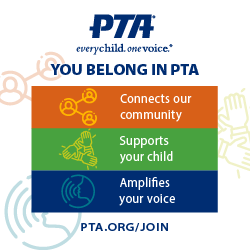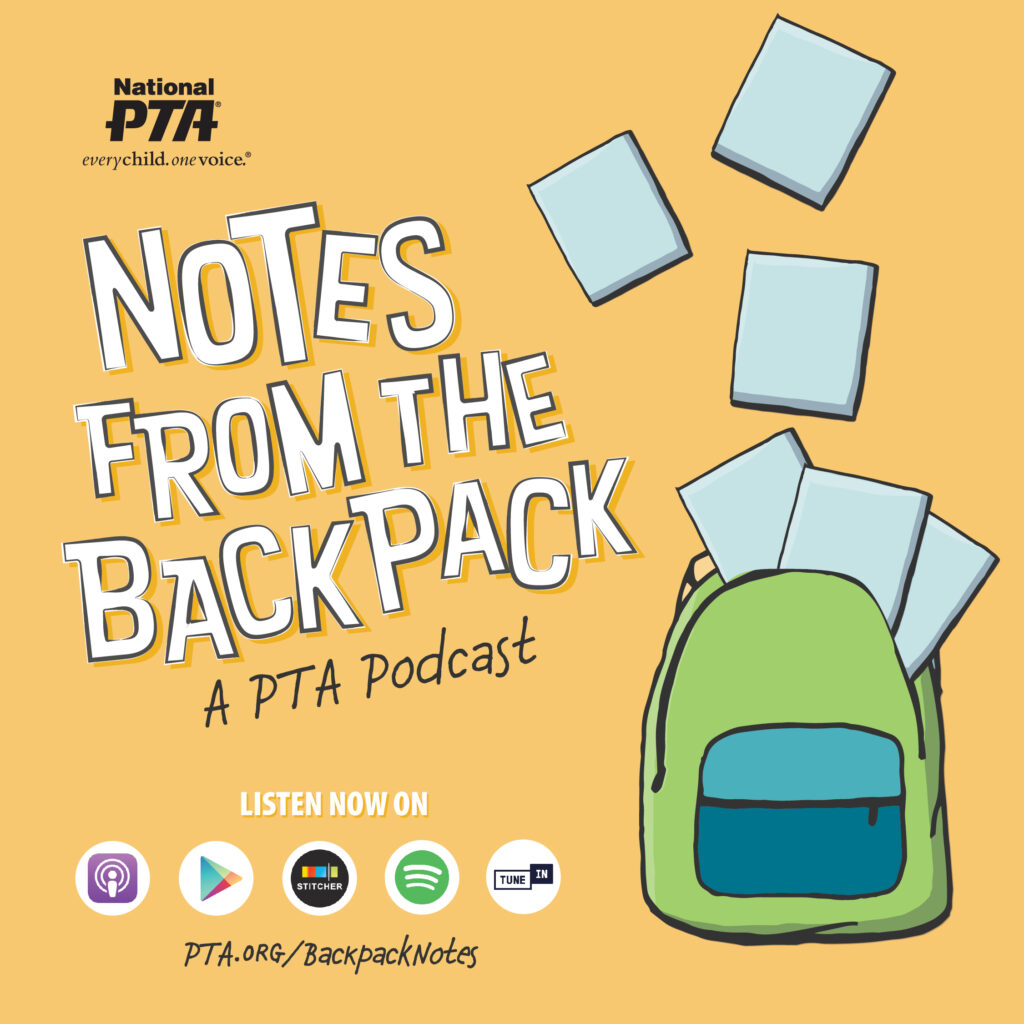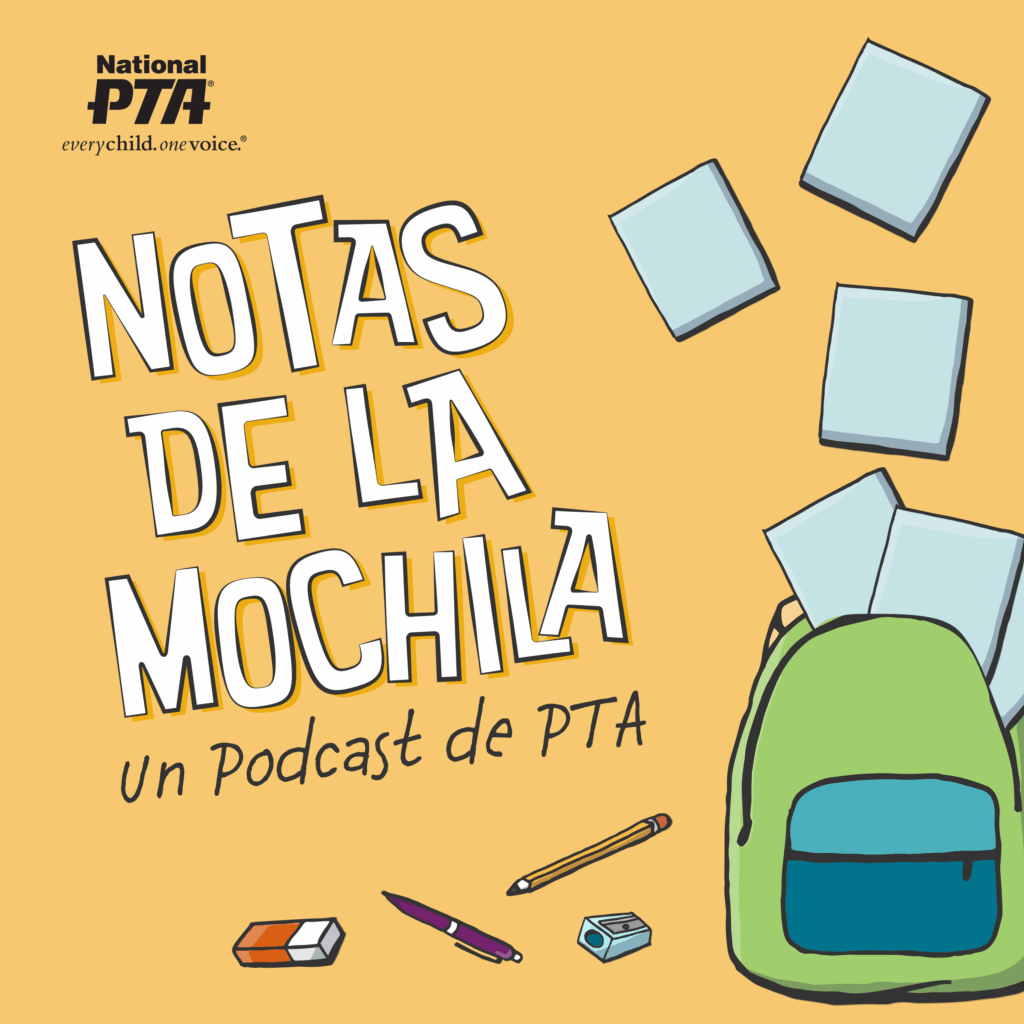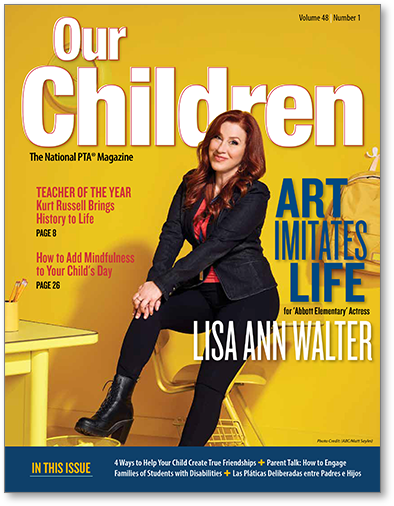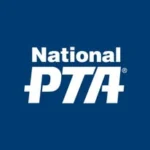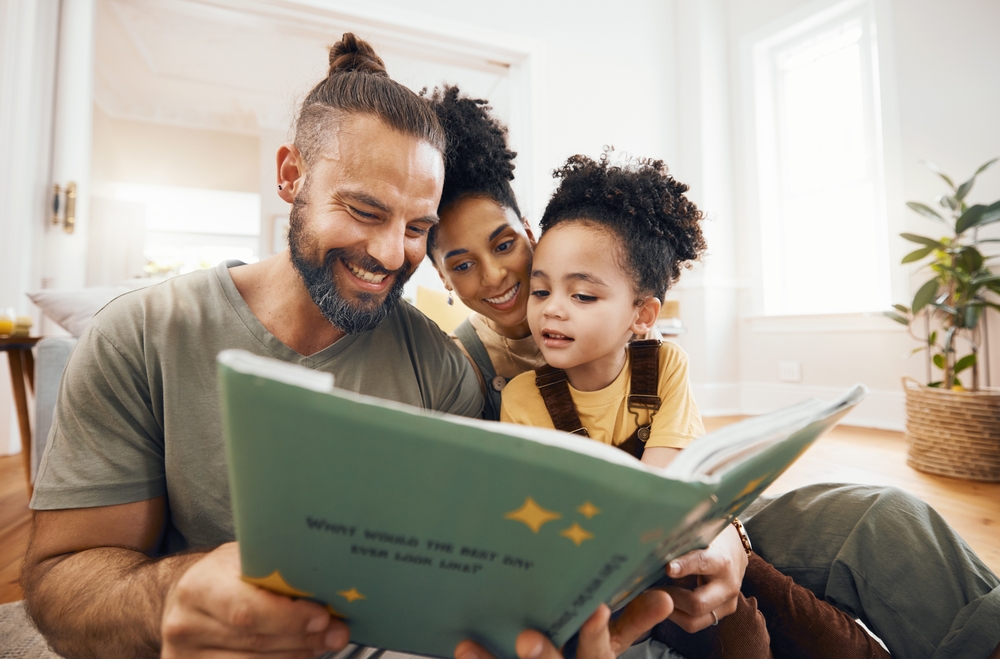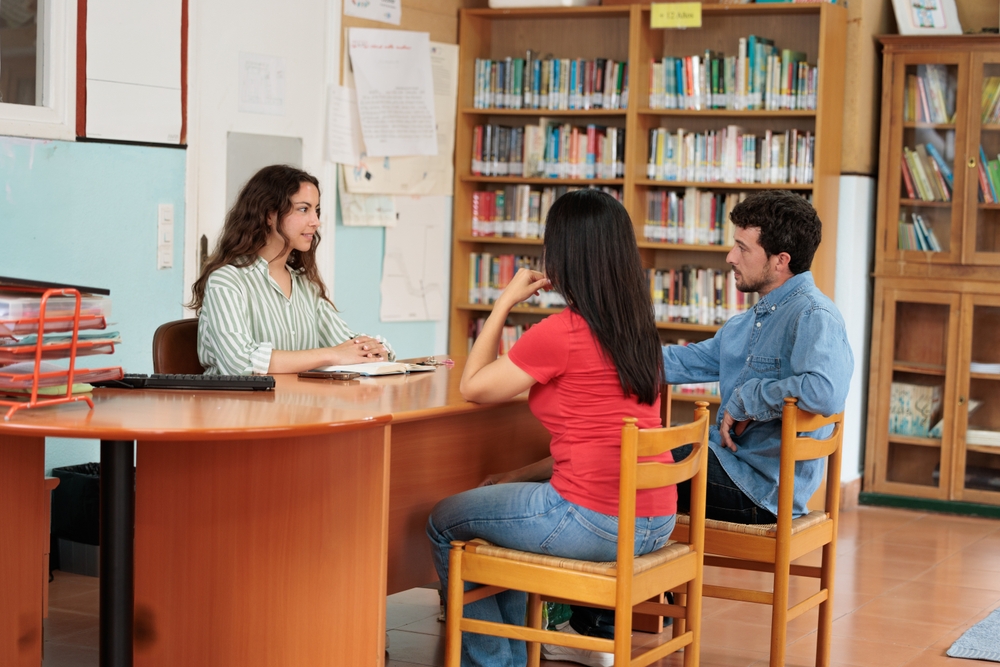When the pandemic hit, my social media became flooded with memes. A few personal favorites:
“Coronavirus Parenting Week 1: Mary Poppins.
Coronavirus Parenting Week 2: Miss Hannigan from Annie.”
“Homeschool Day 2: Wondering how to get my kids transferred out of class.”
“Being quarantined with a talkative child is like having a parrot super glued to your shoulder.”
All jokes aside, COVID-19 has upended so many families who are trying to keep their kids on track and find balance in the midst of working remotely, (or outside the home) while supporting their child in a new school year—whether it’s in a physical pandemic-friendly school building, learning from home or a mix of both. And there’s no handbook for how to make it through.
So, I spoke to The Washington Post Parenting Expert, Meghan Leahy for help. She’s a mom of three school-aged girls and a parenting coach. Her recent book, Parenting Outside the Lines: Forget the Rules, Tap Into Your Wisdom, and Connect with Your Child, feels like a phone call with an older sister whose nontraditional approach to raising kids is born from years of experience in the trenches. Leahy offers permission to practice imperfect parenting with a strong dose of common sense, empathy and laughter, which is a welcome panacea to a culture that often tells parents they aren’t doing “enough.”
With her trademark no-nonsense style, Leahy gave me the inside scoop. She advises parents to adapt to our ever-changing world, rather than trying to adopt wholesale parenting approaches that were created for a different time and a different child. She says it’s about trusting your gut, picking your battles, and knowing what works best for your child.
Q: Have you seen these memes? What’s your take on “Pandemic Parenting?”
A: You know, when all of the trappings of what we call our lives fall away—the outer circle of activities that we throw our kids into to keep them active, the circle of things that our children are truly passionate about doing, and then the circle of friendships, parties and family events—all that you’re left with is you and your family. And it’s really where the rubber meets the road.
During my coaching sessions, I’ve been inviting parents to stop pretending these circles were their core family identity. It’s not to say they are not important. I think that COVID hasn’t created inequalities, it’s brought them to light. For many families—especially single parents, essential workers, parents of young kids or parents of kids with special needs— removing some of these critical circles [during COVID-19] has been a disaster.
This tells us something about our culture and how many families are on the edge. So this is a good time to reboot family values and be intentional about it.
Q: What’s your advice for parents right now?
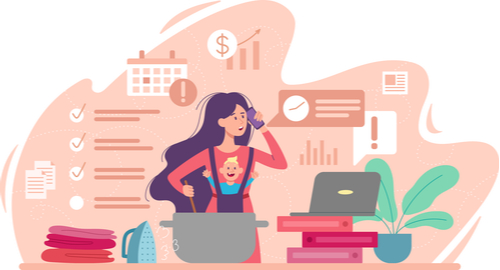
A: As parents, we really think we’re in control, we value that. But we’re really just playing catch-up from the moment our kids are born. Know that your kids are fine. Even when they’re not fine, generally, they’re a mess and fine. It’s really, who can you control? Yourself, and that’s it.
So, I would invite parents to take a beat, and be like, “Okay, what am I doing here? Why do I continuously pretend I don’t have kids while I’m on Zoom with my coworkers?” Parents, stand up for yourselves in a positive, proactive and firm way. This moment is an opportunity for you to tell the stakeholders in your lives what you need. That’s your employers, spouses (or exes) and even your own kids.
In America, parenting is simultaneously devalued and held up on this bizarre pedestal. It’s supposed to be the most important thing you’ll ever do, while being totally effortless. But parents do struggle, because sometimes it’s hard raising your children. And you bring about more struggling when you try and escape it or pretend it away.
I’ve been writing for The Washington Post for a long time and my advice is always vaguely specific. People write in with a problem, and I don’t know anything about them or their kids, but I have to somehow help them. So, I give advice that is practical, but could be used by anyone.
When it came to writing Parenting Outside the Lines, I didn’t want to do that because I’ve found as parents struggle, they keep trying to find a way to fix it all. And in the need to fix every behavior or misbehavior, you don’t see the forest for the trees. Your kid becomes a jumble of symptoms, behaviors and diagnoses. So in the book, I share common scenarios and end each chapter with questions parents can reflect on for themselves, because that’s where I see the work needs to happen.
Our culture has taught us that knowledge equals experience. That’s what I mean in my book title by the “lines” of parenting. Many parents think, “If I follow the rules and learn enough stuff, I won’t struggle. I’ll be able to do what I need to do and my kid and I will be great.” But that’s never how a human grows. We grow and learn through moments of struggle. That’s what builds resilience and grit.
I invite parents to stop and ask, what is their struggle saying to them. Rather than taking on one more parenting strategy, theory or trend, let’s ask ourselves some questions so the struggle is in service of growth. You can take hard moments and come out the other side with resilience and wisdom.
Q: You talk a lot in your book about embracing uncertainty while parenting, and I think that’s essential for this moment. But it’s easy to slip out of that mindset and into anxiety. How do you walk yourself back?
A: Freak-outs happen. Everything stops working at some point, because of time, maturation, change, whatever, so no one technique or routine is a guaranteed solution to everything. I always just tell parents it’s not if, it’s when things fall apart—because the reality is, we’re humans living with humans.
It’s important to remember that you are as human as your kids are, and you’re learning right along with them. So, if your focus is on fixing your family or perfectly using techniques, you will always fail. It’s not about being perfect but knowing your kids and how your family works.
If you focus on solidifying your connections with your kids and are aware of your triggers—when you yell, fall apart, scream or do whatever you do, then you can make repairs. Own it, apologize and make amends. If you can get comfortable with that process, then you will not feel this pressure to perform the role of a parent, you will just be a parent.
Q: What’s your hope for parents as we dive into the new school year, whatever it looks like?
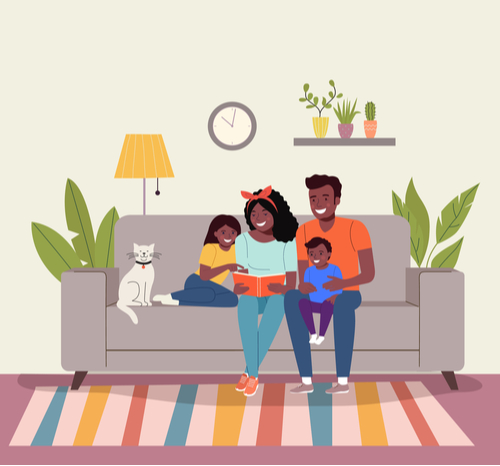
A: I really don’t want families to come out of this [pandemic] like, “Okay, back to normal!” Because I don’t think how our culture was treating parenting before this was normal or beneficial.
I don’t want us to return to the harried, frantic pace we had, where we just ran past the inequities in our culture. It doesn’t make any sense and it’s not good for kids. So, I hope this year we can slow down and start parenting outside of the lines.
I want parents to know that they’re probably doing a better job than they think. Nobody knows their kids better than they do—they are the experts of their kids. And your child is not a problem to solve; nobody needs to be fixed. Just concentrate on being your best self to show up for your kids.
Corinne Canning is the manager of editorial and marketing for National PTA.




